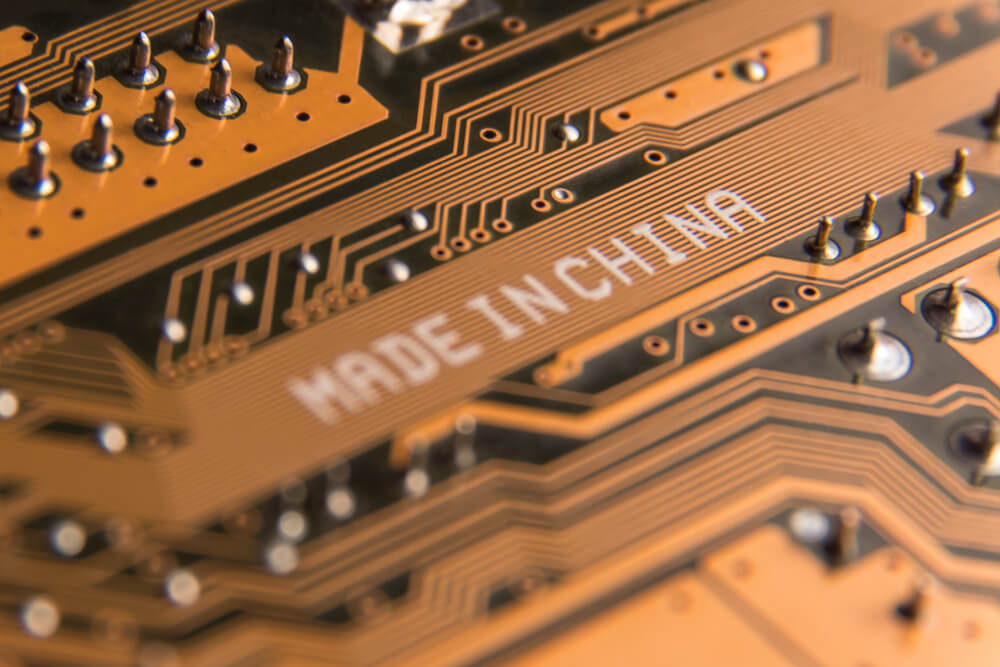China is reportedly studying its reliance on American technology as it executes its attrition strategy in the ongoing trade war with the United States.
Multiple government agencies have been surveying domestic technology companies and learning about their supply chain structures over the last few months, according to a Wall Street Journal report. Companies surveyed include popular smartphone makers Xiaomi Corp., Oppo and Vivo.
As negotiations between the world’s two largest economies falter, China has a long-term trade strategy that seeks to reduce tariff damage while also drawing negotiations out. This move shows China’s efforts to wean itself off U.S. technology as Chinese companies have long used American suppliers for key tech like semiconductors, modems and jet engines.
But the surveys also expose China’s fragile economy as it tries to gauge the damage U.S. President Donald Trump’s tariffs are doing to Chinese companies.
Technology has been a sticking point in trade negotiations as the U.S. has accused China of stealing trade secrets and using its tech to spy on other countries. Tensions ramped up when Trump banned Chinese telecom giant Huawei and other “foreign adversaries” from doing business with American companies. The ban has since been delayed, but the move — and others like it — has drawn the ire of Chinese officials.
“If someone wants to forcefully decouple the economies of the two countries, the consequences will surely be harmful to themselves and others,” Gao Feng, spokesman for China’s Ministry of Commerce, said in a briefing Thursday.
Last week, a Chinese official mentioned that the country is still curating its own “unreliable-entity list,” and it will be released “in the near future.”
While some companies are only being surveyed at the moment, others have started the process of moving away from relying on America. Cisco Systems Inc. has sold many products to some of China’s bigger carriers and even state-owned enterprises. But Cisco CEO Chuck Robbins told the WSJ this month that his company has not been bid on, or even asked to participate in the bidding process recently.
“We certainly saw an impact on our business in China this quarter. A lot of state-owned enterprises, I think where they have options, they’re choosing local manufacturers,” Robbins said on CNBC’s “Squawk on the Street” earlier this month.
“We don’t know if that’s a short-term thing or a long-term thing.”




